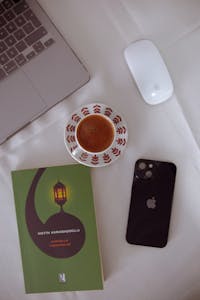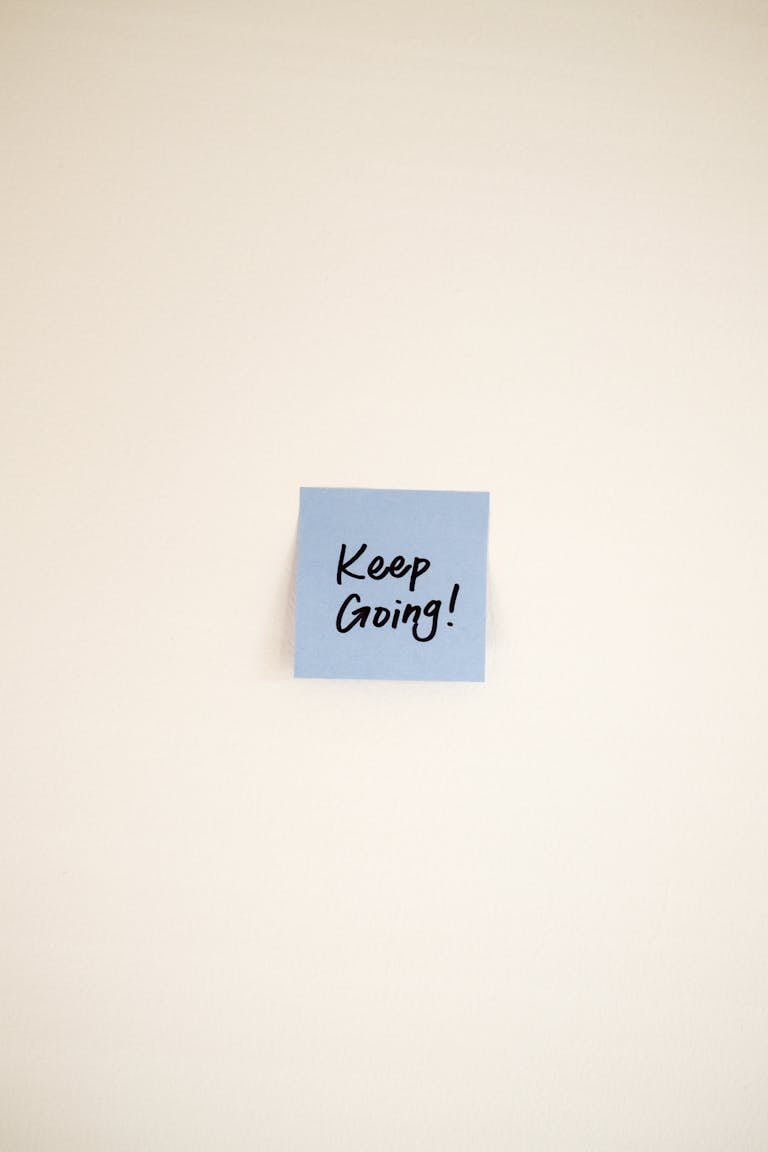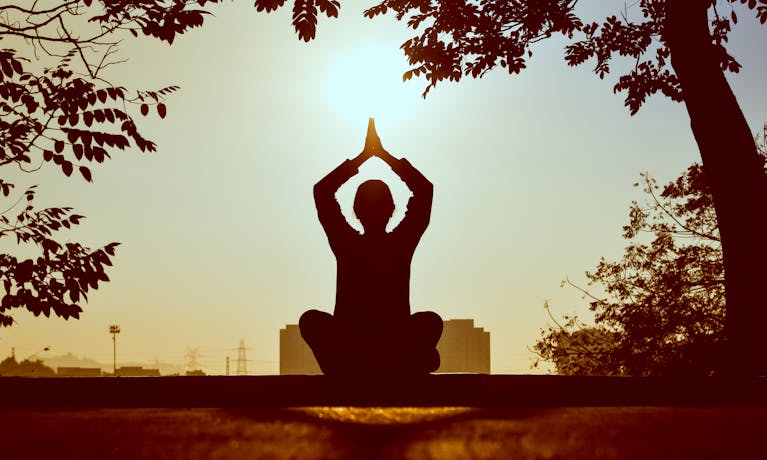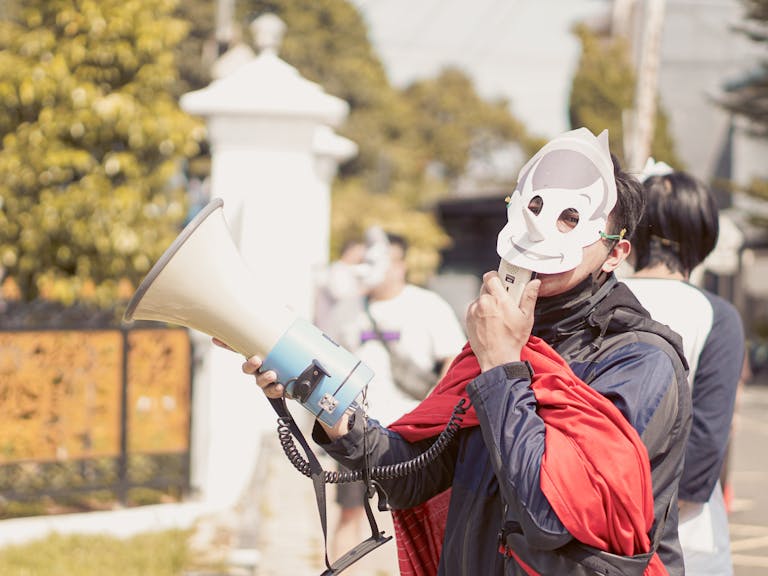Introduction
Your phone is the first thing you touch in the morning—and the last thing you see at night. Sound familiar? In a world of endless notifications and screen time, your digital habits can either empower you or drain you. The good news? A few simple shifts in how you engage with technology can completely change your life.

1. Turn Off Non-Essential Notifications
Constant alerts fragment your attention and keep your brain in reactive mode.
Try this: Keep only critical alerts—calls, calendar events, and banking—on. Mute everything else.
2. Use the “Do Not Disturb” Mode Strategically
Block time for deep work, sleep, or rest by using DND mode.
Bonus tip: Schedule DND during meals to be fully present with family or friends.
3. Set Screen Time Limits
Use built-in screen time tools to limit social media, video streaming, and mindless browsing.
Goal: Cut your daily screen time by just 1 hour. Use that hour to read, walk, or rest.
4. Keep Your Home Screen Minimal
Declutter your digital space by removing time-wasting apps from the home screen.
Pro move: Replace them with useful tools like a notes app, meditation timer, or Kindle.
5. Have a Digital Sabbath
Pick one day each week (or even just an evening) to unplug.
Use the time for: Journaling, nature walks, cooking, or long conversations without distractions.
6. Use Email and Messaging in Blocks
Avoid being on-call 24/7. Check and respond to messages 2–3 times a day, not continuously.
Why it works: It reduces cognitive load and boosts productivity.
7. Replace Doomscrolling with Learning
Instead of endless news feeds, use your tech for growth.
Apps to try: Blinkist (summarized books), Pocket (save and read useful articles), or TED.
Q1: How do I stick to digital limits when my work requires screen time?
Focus on limiting non-work digital distractions. Use apps like Forest or Freedom to block tempting sites during deep work hours.
Q2: What if I miss something important during Do Not Disturb?
You can allow calls from key contacts or schedule auto-replies to assure others you’ll respond later.
Q3: Can digital habits really improve mental health?
Yes. Reducing digital clutter can lower anxiety, improve sleep, and increase focus and satisfaction.
Q4: I always break my screen time goals. Any tips?
Start small. Set realistic limits and reward yourself when you meet them. Track your progress weekly.
Pick one digital habit from this list and apply it today. Whether it’s turning off notifications or starting a digital Sabbath, your mental clarity and emotional energy will thank you. Small changes add up to big results.

I’m EKBAL HOSSAIN MONDAL, the creator of SmartSolveTips.com — a blog dedicated to helping people improve productivity, avoid digital burnout, and live better online. With years of hands-on experience in self-development and digital wellness, I write practical tips and tools to help you stay focused and thrive in a fast-paced digital world.





